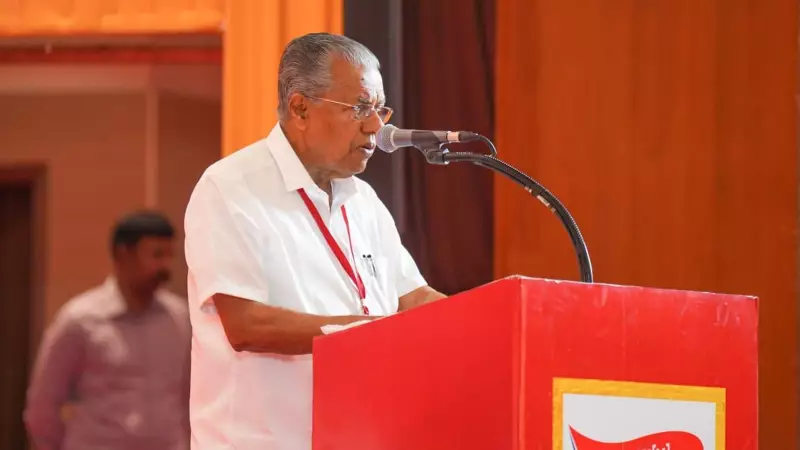
Kerala's recent proclamation of having eradicated extreme poverty has been met with skepticism and serious methodological questions from experts and researchers. The celebrated achievement, widely reported in media and political circles, appears to be built on a foundation of questionable data collection and analysis.
The Survey That Raised Eyebrows
The Kerala government's claim stems from a survey conducted by the Kudumbashree Mission, which identified only 1,557 households as "extremely poor" from nearly 1.2 million households surveyed. This astonishingly low figure of 0.15% has been challenged by economists and social researchers who point to fundamental flaws in the methodology.
Methodological Red Flags
Several critical issues undermine the survey's credibility:
- Limited Survey Duration: The massive exercise covering millions was completed in just three days, raising questions about data quality and thoroughness
- Questionable Identification Criteria: The survey relied heavily on subjective community-based identification rather than objective economic parameters
- Contradictory Data: The findings starkly contradict other established economic indicators and ground realities
- Lack of Transparency: Detailed methodology and raw data haven't been made publicly available for independent verification
Contradictions with National Data
The state's claims appear particularly puzzling when compared with national data. According to the National Family Health Survey-5 (2019-21), Kerala still shows significant economic vulnerability:
- Only 49% of households have at least one member covered by health insurance
- Merely 21% of households have any member with bank savings
- Substantial portions of the population remain economically insecure
The Political Economy of Poverty Statistics
Experts suggest that the timing and nature of this poverty declaration raise important questions about the political use of development statistics. The announcement serves multiple political purposes:
- It reinforces Kerala's development narrative
- It provides political capital to the ruling establishment
- It potentially influences resource allocation and policy priorities
What Gets Lost in the Numbers Game
The preoccupation with declaring poverty eradication risks overshadowing persistent developmental challenges:
- Quality of Life Issues: Many households continue to face significant economic stress despite not being classified as "extremely poor"
- Hidden Poverty: The narrow definition may exclude many vulnerable families
- Policy Distortion: Over-optimistic data could lead to misallocation of resources and complacency in social welfare programs
A Call for Rigorous Assessment
Rather than celebrating statistical achievements, researchers emphasize the need for:
- Transparent and methodologically sound poverty assessment
- Independent verification of data
- Comprehensive understanding of economic vulnerability beyond binary classifications
- Continued focus on improving actual living standards rather than statistical milestones
The debate around Kerala's poverty statistics serves as a crucial reminder that development must be measured by tangible improvements in people's lives rather than by numbers that might not reflect ground realities.






